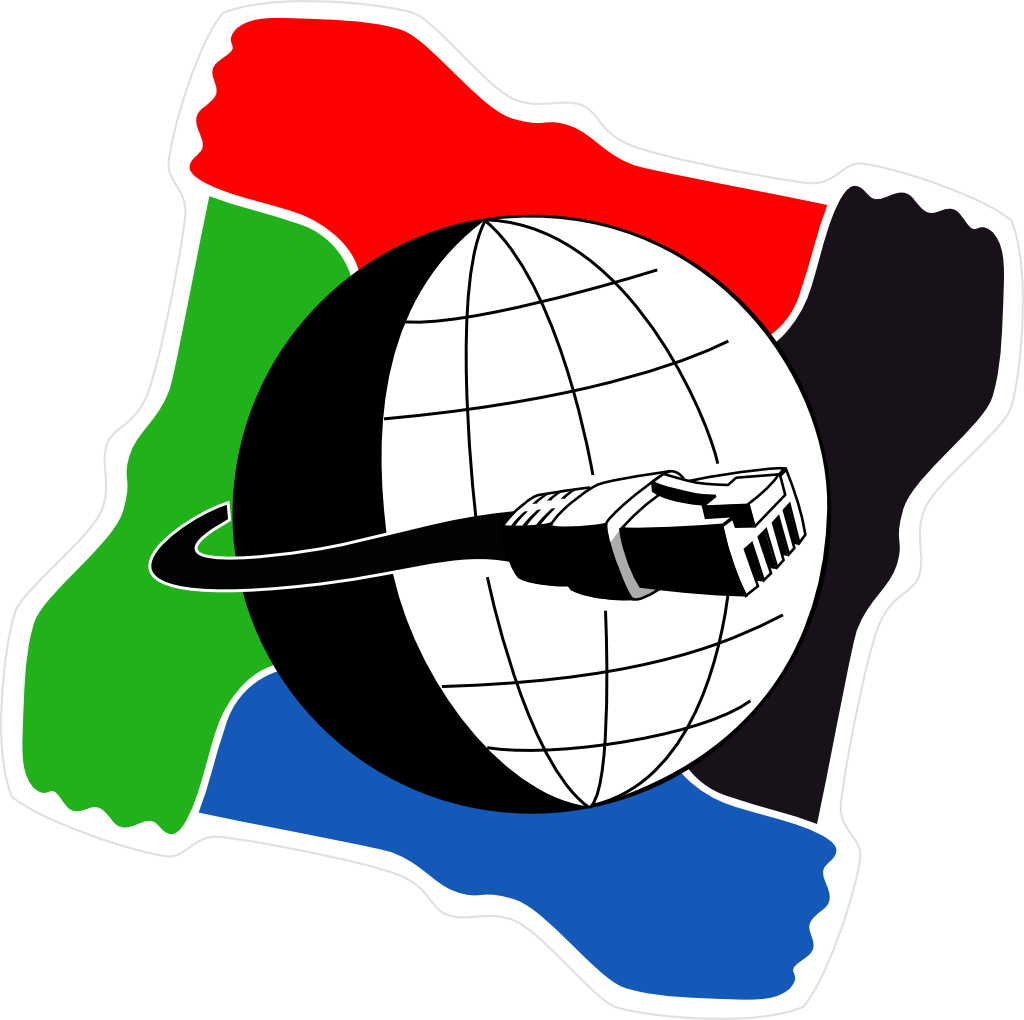In the 1960s, USA was host to a huge array of small business and stores. They have all but disappeared. The consolidation of corporations into the gaints that we see now have either gobbled up the mom-and-pop stores or driven them out of business. This started with the deregulation under Regan in the 80s. Next came the deregulation of media in the 90s which saw
many local TV and radio stations disappear to be replaced by commercial radio stations across the American landscape. I have a strong suspicion that the Internet is next.
To clarify what I am talking about, take a look at the recent (and by recent I mean in the last 5 years or so) spate of acquisitions by all the big players in the Internet business (both hardware and software): Intel acquired McAfee, Google acquired Like.com (and before that YouTube, Blogger, Writely, and many more), Oracle acquired AmberPoint and Secerno, Yahoo recently acquired Korpol and citizensports.com, Microsoft acquired Sentillion and Opalis among so many more, Apple recently accquired Quattro, Lala media, Intrinsity, and Siri, and Cisco has made over 48 acquisitions in the last decade following by IBM with 35 [source].
This is just the tip of the iceberg, and if this is any indicator of things to come, then you can expect such large scale consolidation to leave the Internet services and infrastructure is very few large players. This coupled with the betrayal of Google against net neutrality makes for an ominous prediction.
Increasingly, it looks like the best hope of an Internet startup is to be acquired by one of these gaints because otherwise they risk being drowned by an ‘addon’ service offered by these gaints (sometimes for free). A great example is Facebook places and Google places vs. Gowalla, Foursquare, and their kind. So all your mom-and-pop store equivalent of Web 2.0 are now being consolidated into Google, Yahoo, Facebook, Intel, Oracle, Cisco, and few others.
So why is this bad? To get an idea of where that is going to leave us, take a look at what happened with the deregulation of the radio and TV stations in the US. You can’t get decent local news and happenings anywhere except a few major cities. Rest of the places, local coverage is spotty. All local music now have to go to the major recording and music capitals of the nation just to be heard on the radio in their own home town. As a member of a local community radio station, I know how difficult things have become for independent radio broadcasters.
Expect something similar for the web. Expect to lose the rich and diverse sources of information and entertainment you are used to receiving from the web. It may not happen this year, or even in the next 5 years. But in the next decade, the web is going to be far less free than you see it today. The corporations want it that way, and that is how it will stay because the politicians won’t vote otherwise.
Welcome to Web 3.0 :-)



Comments are disabled for this post